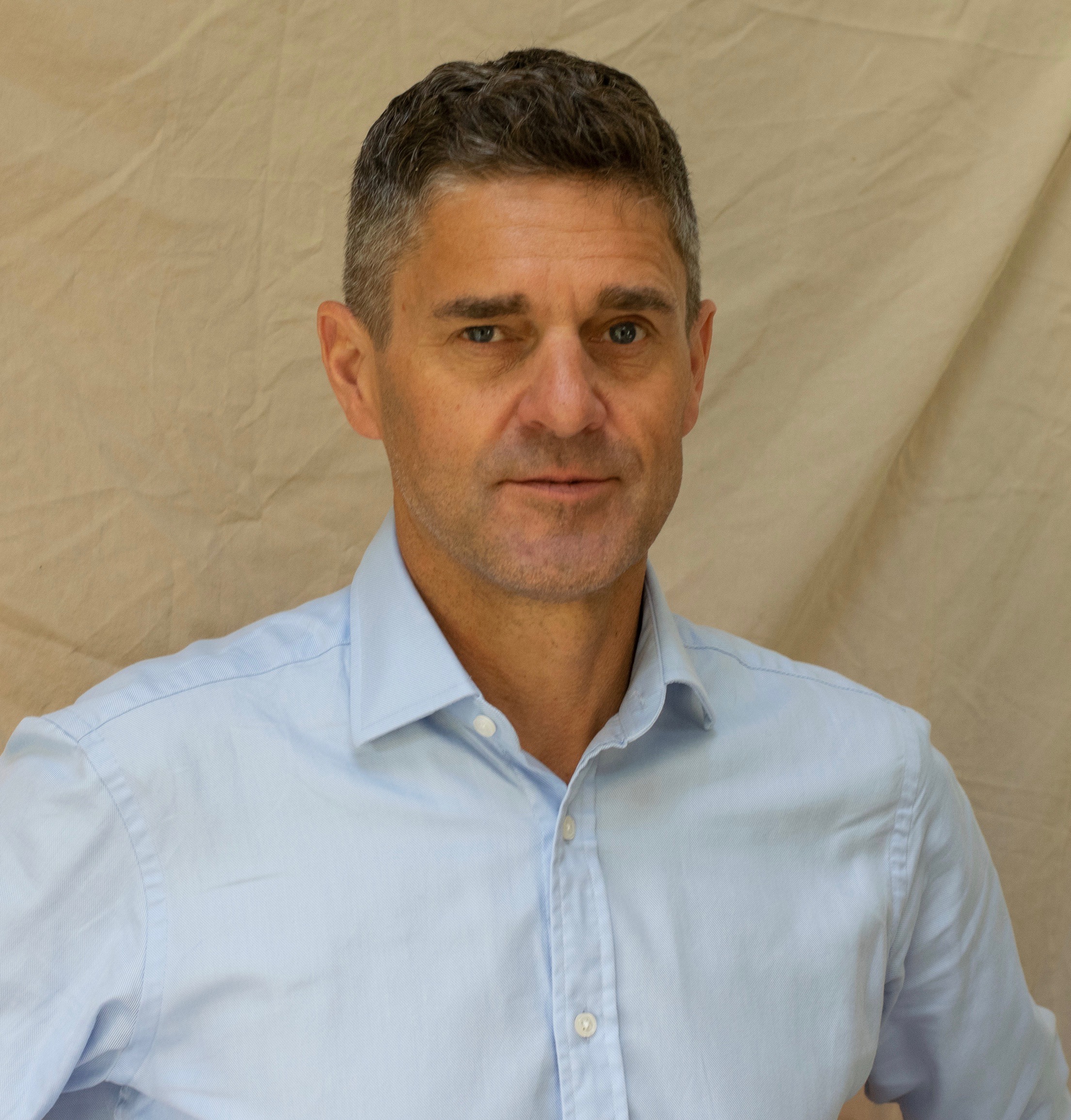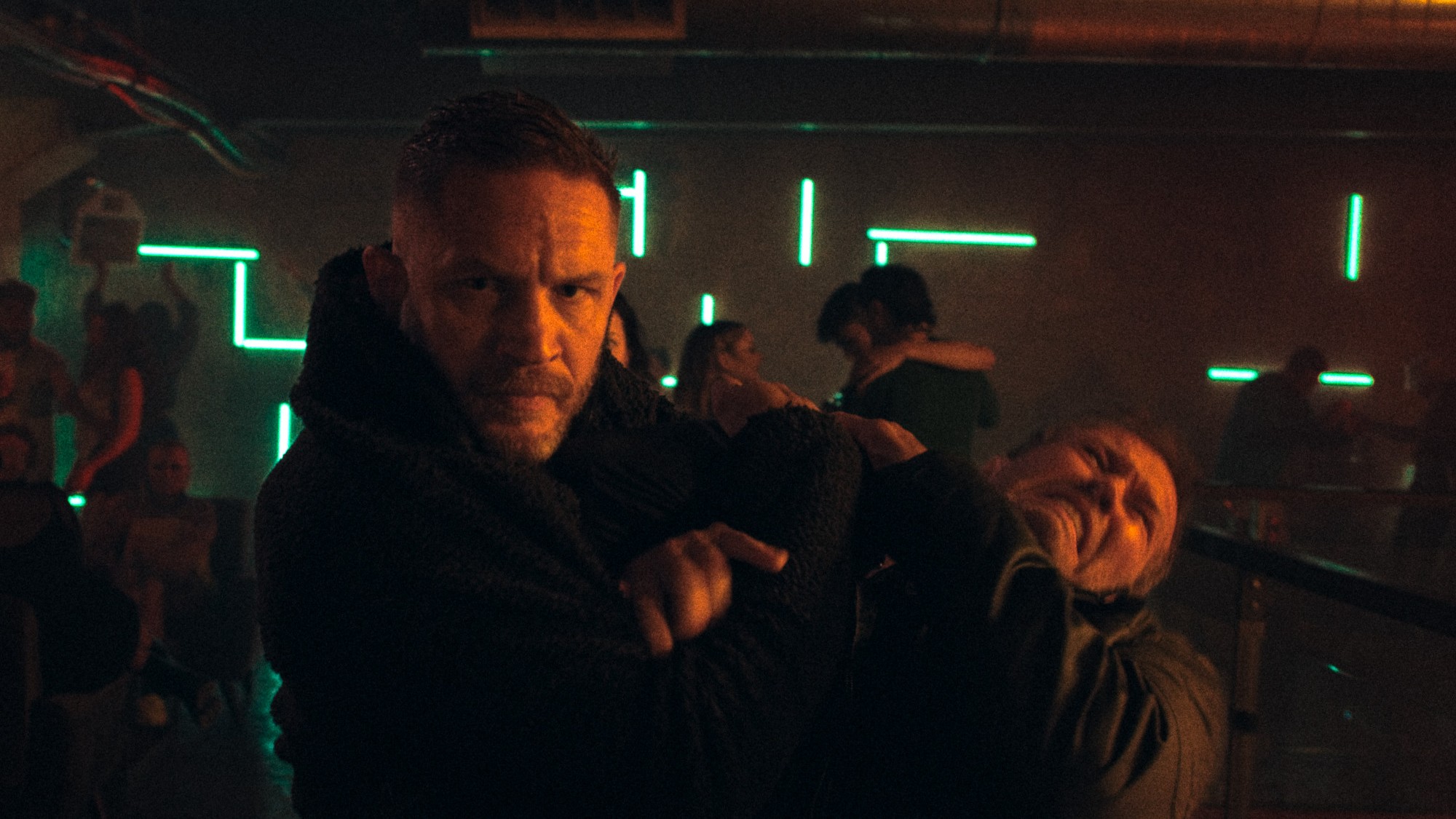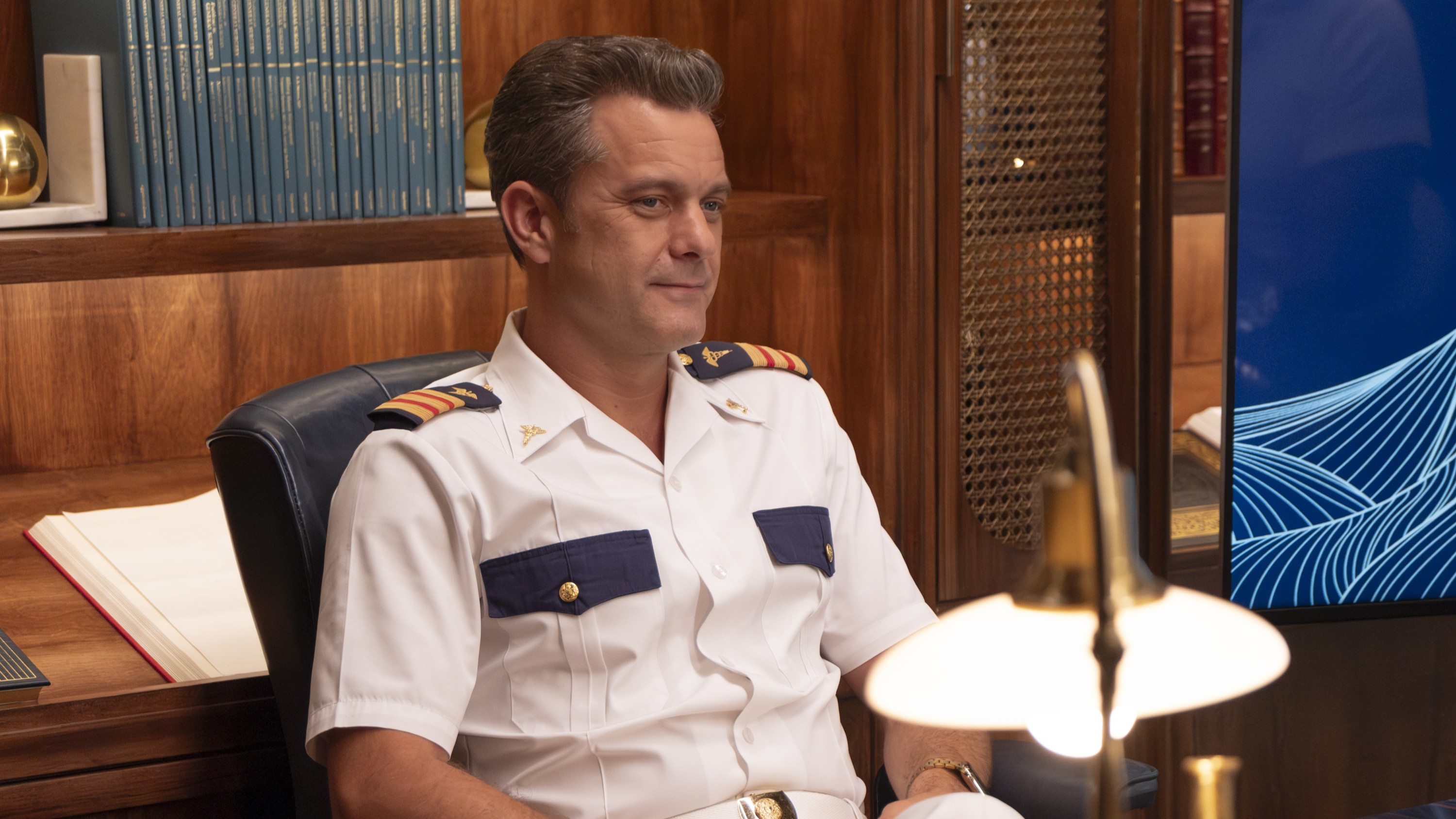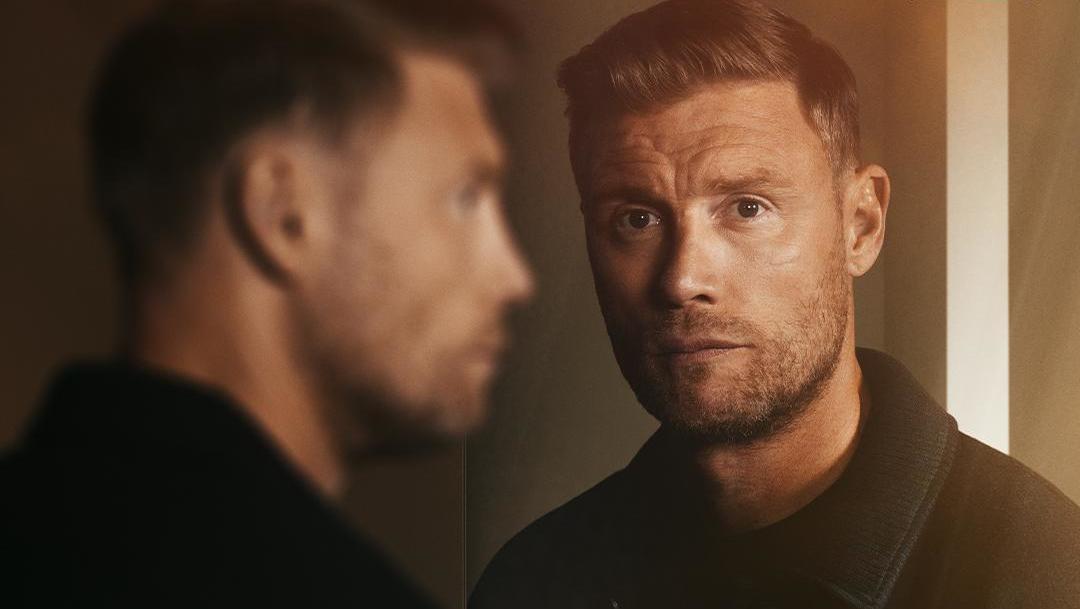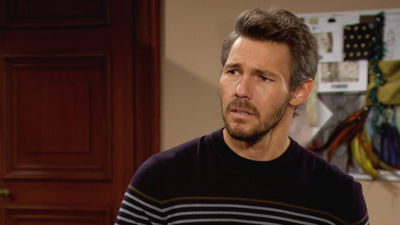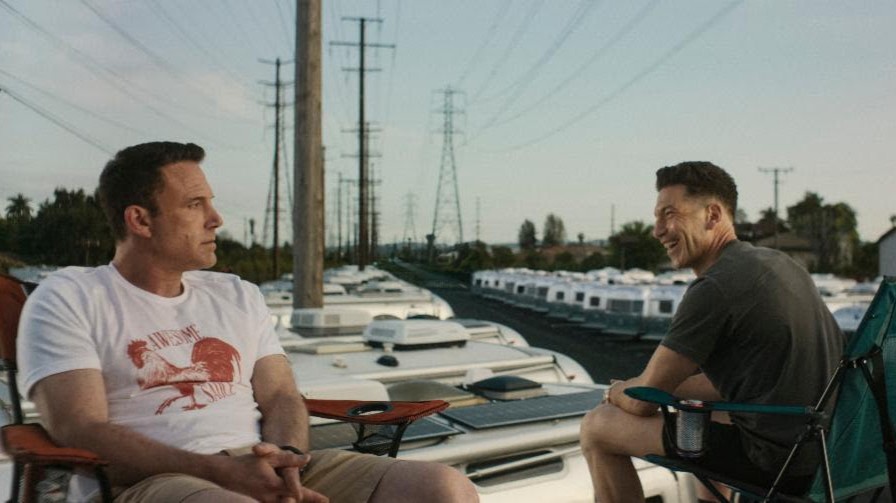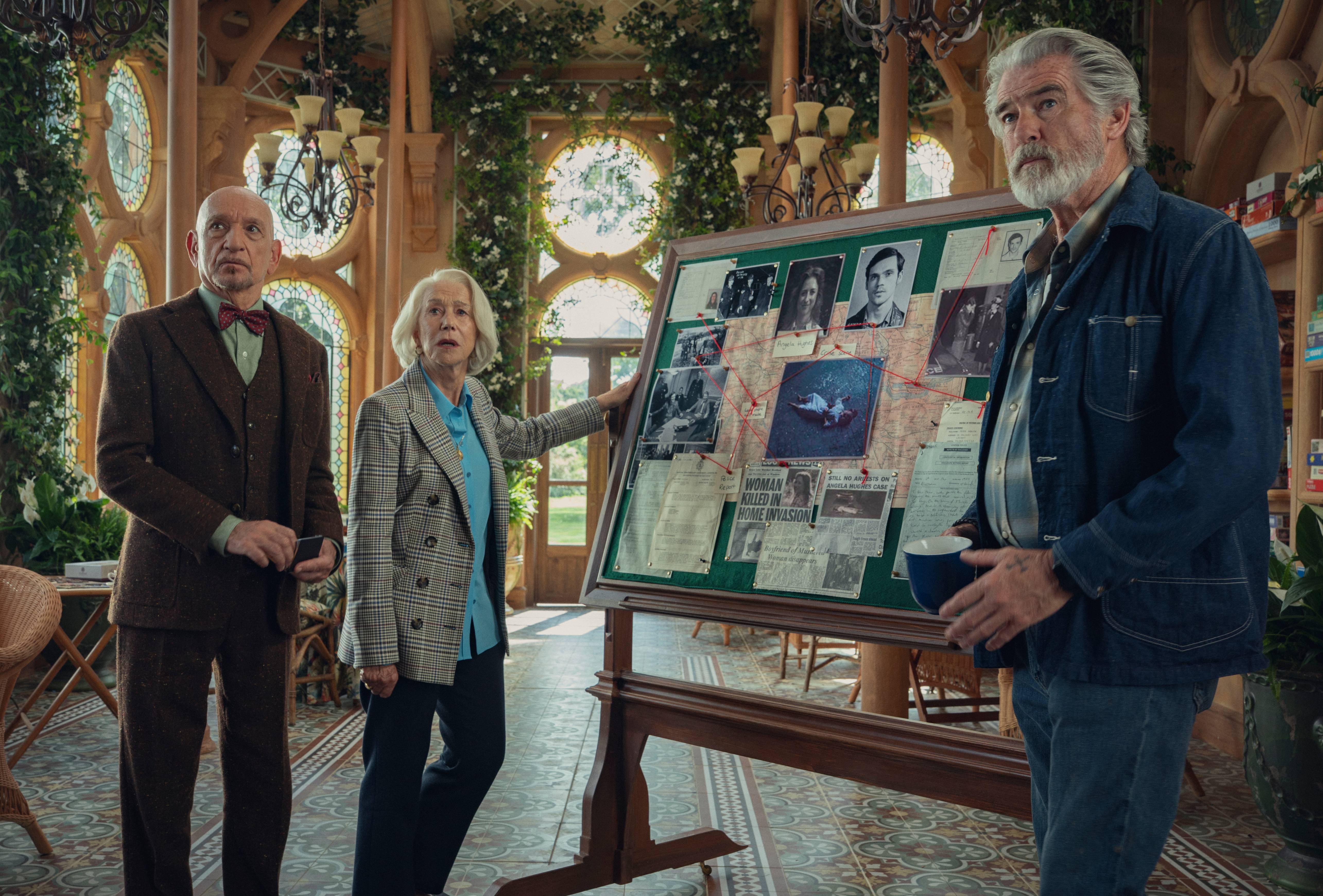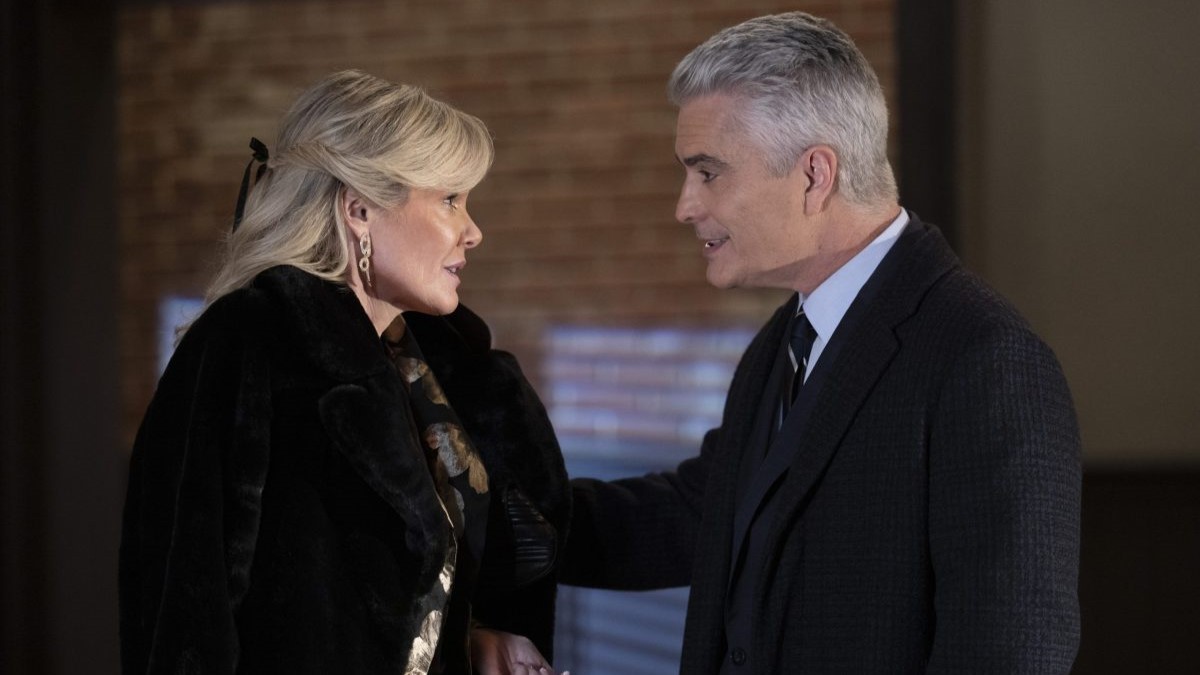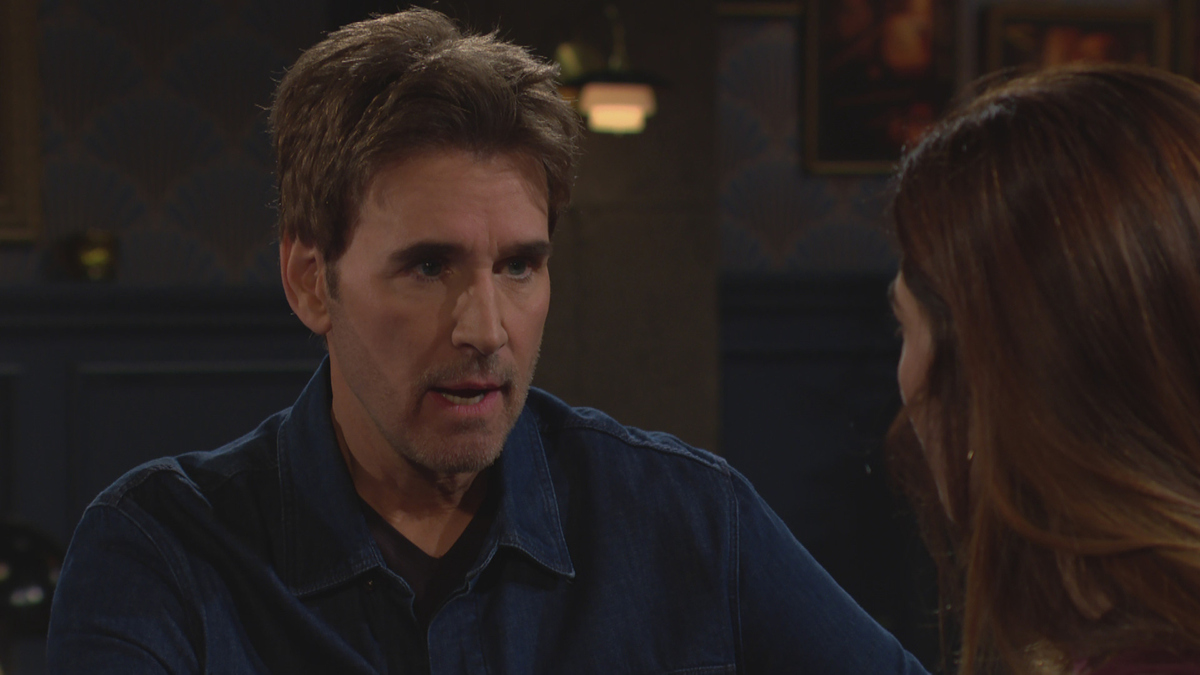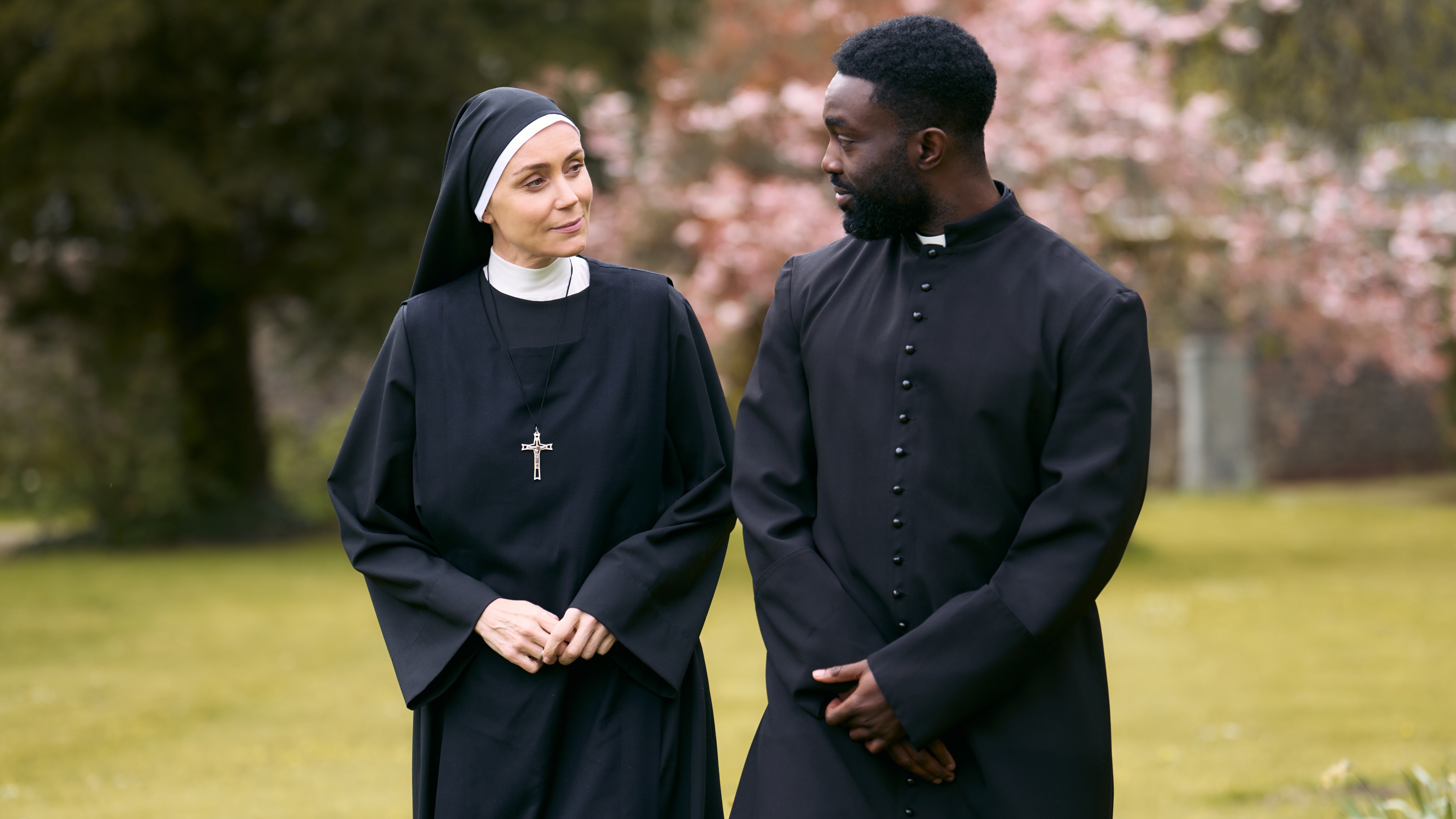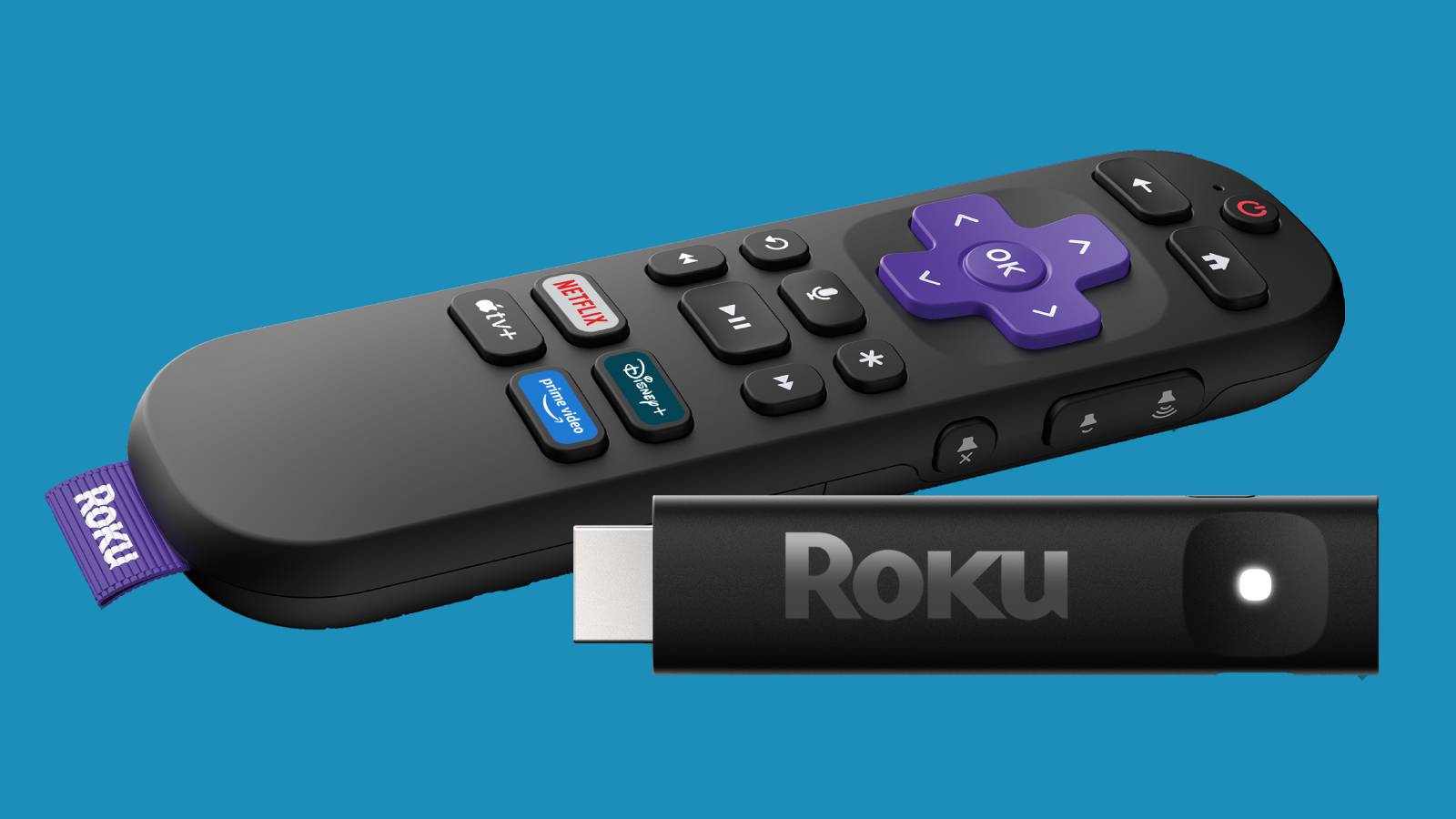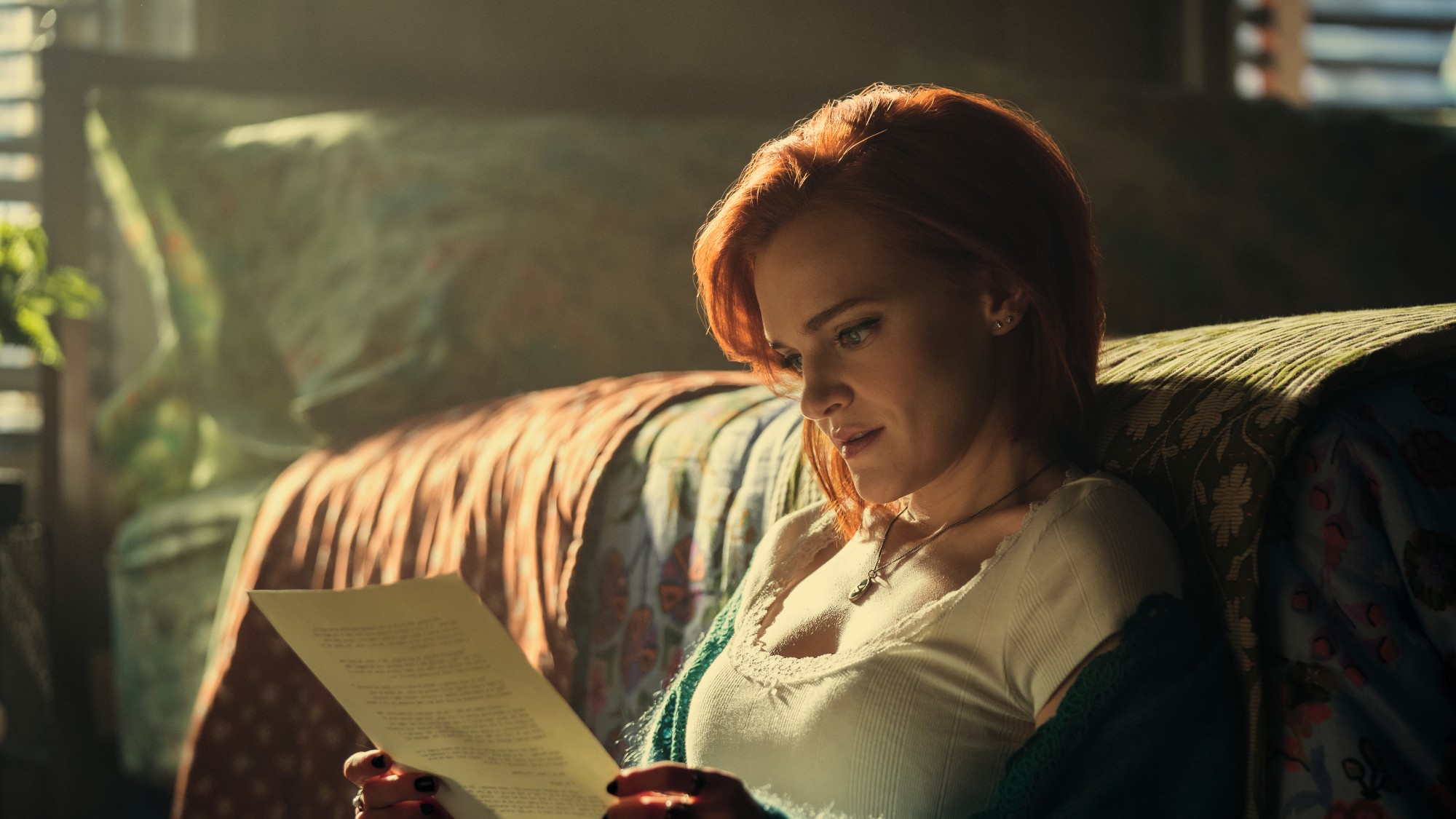Louis returns to the Most Hated Family in America
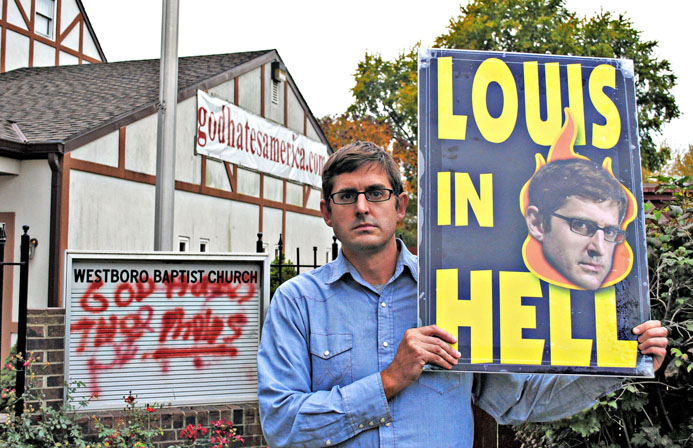
Few of Louis Theroux’s programmes have caused as much controversy as his 2007 film about the anti-semitic, homophobic fire-and-brimstone Westboro Baptist Church based in Topeka, Kansas. The small but very vocal Christian group – led by 81-year-old pastor Fred Phelps and largely made up of his relatives – was shown picketing military funerals, taunting mourners with offensive placards that declared the soldiers’ deaths were part of God’s plan to punish America for tolerating gays and lesbians. The programme, The Most Hated Family in America, gave the church instant notoriety and saw its leaders banned from entering the UK. Four years on, Theroux has returned to Kansas to discover what has happened since in the follow-up documentary, Louis Theroux: Return of the Most Hated Family (BBC2, Sunday, April 3). TV&Satellite Week magazine caught up with him to find out more... Why did you decide to go back to the Westboro Baptist Church? “I don’t normally do updates on previous programmes because I usually feel that not enough has changed. This time, the fact that people were leaving the church took us to a different place.” How did you know people were leaving? “Libby, one of the girls who I filmed quite a lot with in the original programme, sent me an email saying she wanted us to know she had left. She said what partly led her to leave the church was our conversation. I’ve never actually had anything like that happen before, but I liked the idea that perhaps exposure to others ways of thinking had opened her mind a little bit.” Did that make you feel uncomfortable? “I don’t set out to do that, but I saw it basically as a plus. It’s not easy to leave a cult, which I think the church probably is.” The church members seemed to question your motives for coming back... “One guy, Steve, said I was coming to gloat and called me one of the most evil people since Pontius Pilate.” Is it true they made placard of you, saying ‘Louis in Hell’? “Yes, and they actually gave it to me as a parting gift. So many of the things they do are offensive, but at the same time there’s this human, friendly side. They weren’t trying to upset me by doing that. There was a part of them that really thought I might like it.” Did you find yourself liking any of them despite their beliefs? “I had a degree of liking for almost all of them. We are used to thinking in a black and white way, that if someone does something awful therefore you can’t like them. But I think it is possible to like people who do bad things. It must be because I managed to do it.” What is the future for the church? “I think a lot of them will continue to leave, but babies are being born all the time, and replenishing the church. Fred Phelps Senior is pretty old now and will die at some point, but I don’t expect them to implode.” Has this whetted your appetite to do more updates? “It would be interesting to find out what has happened to the twin sisters Lynx and Lamb Gaede, who used to perform in a neo-Nazi pop group called Prussian Blue. The other one I wondered about was a return to the maximum security mental hospital for paedophiles. One of the inmates is back in the community now under heavy supervision so that could be interesting.” Do you keep in touch with any of your subjects? “I’ve done so many stories that it’s hard to stay on top of what’s going on. I used to do it more, when I was first starting out, but I’m a bit more realistic and jaded now.” Do you ever bring your stories home with you? “The stories don’t affect me in my private life. Perhaps that’s because most of my programmes are filmed abroad, and that long-haul plane journey home is an important transition, insulating me from what I’ve seen. If I was filming in Britain, there would be more chance of the story coming home to roost.” Would you ever return to your celebrity profiles? “I’m always open to doing a story about an intriguing high-profile figure. The idea of Julian Assange came up recently. That would be really interesting because he is obviously somewhat enigmatic.” Did you ever get any comeback from the Nick Clegg episode, when you revealed you were his fag at Westminster? “I didn’t expect it to become such a big news story. Now that Nick Clegg seems so incredibly unpopular, I hope people don’t blame me for my part in proceedings. I hope they don’t think that I am somehow the enemy because he wouldn’t be where he is now if I hadn’t woken him up in the mornings.” Do you ever find yourself lost for words during interviews? “Actually, silence in a documentary at the right moment can be very powerful. But other times, I’ve perhaps embarrassingly not been completely on top of my brief or the interview has gone in an unexpected direction and I’ve struggled to formulate a cogent response. With a complicated story like the ultra-Zionists, there were times when someone would refer to UN resolutions and I wasn’t completely sure what they were talking about. I try to cut out those bits.” People have described your interviewing style as faux-naïve. Is that fair? “I take a journalistic approach which sometimes means asking questions to which I may know the response. People call it faux-naive, but it’s usually just a kind of humour or irony. I’m often accused of being insincere when actually I am being sincere.” Would you like to see one of your documentaries getting a cinema release? “Yes, I would like that, but I also recognise that would involve people paying £8 or £9 to sit for 90 minutes to watch some strange religious group. They might be happy watch it for free on a Sunday night on TV, but to go out and build your night out around it might be bit much.”
Get the What to Watch Newsletter
The latest updates, reviews and unmissable series to watch and more!
Patrick McLennan is a London-based journalist and documentary maker who has worked as a writer, sub-editor, digital editor and TV producer in the UK and New Zealand. His CV includes spells as a news producer at the BBC and TVNZ, as well as web editor for Time Inc UK. He has produced TV news and entertainment features on personalities as diverse as Nick Cave, Tom Hardy, Clive James, Jodie Marsh and Kevin Bacon and he co-produced and directed The Ponds, which has screened in UK cinemas, BBC Four and is currently available on Netflix.
An entertainment writer with a diverse taste in TV and film, he lists Seinfeld, The Sopranos, The Chase, The Thick of It and Detectorists among his favourite shows, but steers well clear of most sci-fi.
